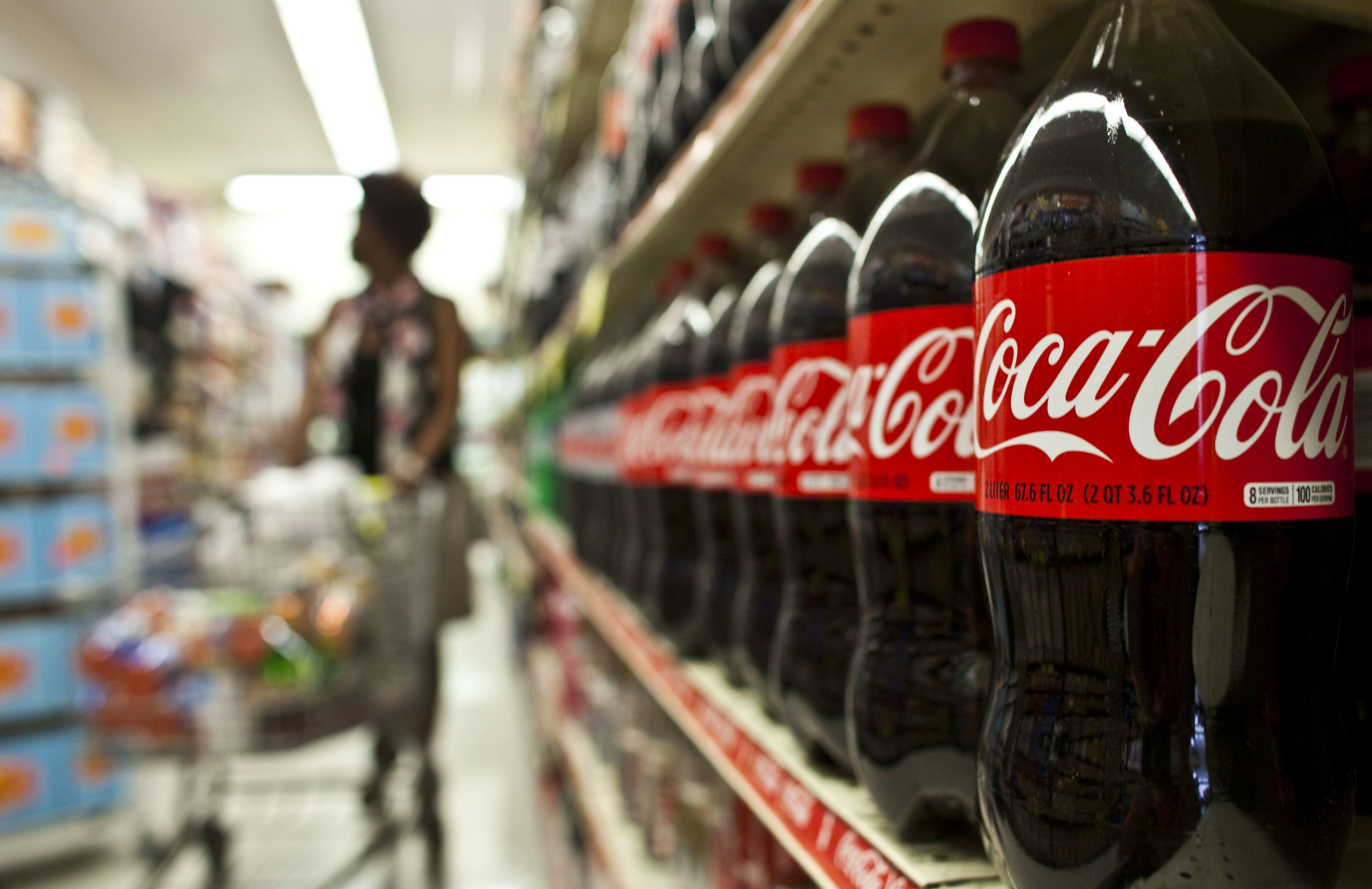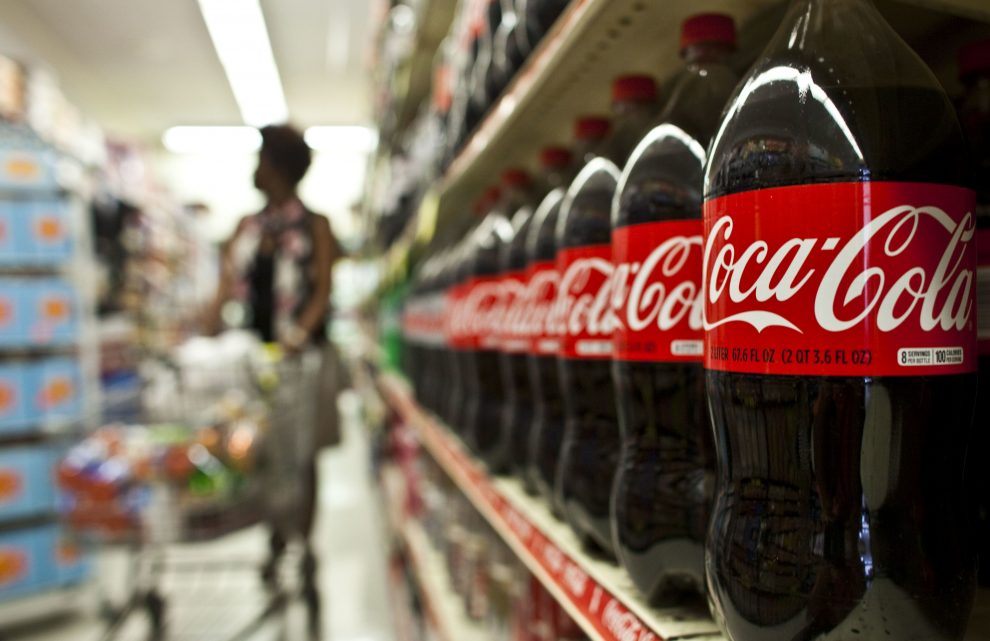
Coca-Cola on Tuesday reported quarterly earnings and revenue that beat analysts’ expectations, driven by sales of its namesake soda brand.
Shares of the company jumped 5.6% in early trading. The beverage giant’s stock, which has a market value of $230.6 billion, is up 14% in 2019. Shares of rival PepsiCo, which are valued at $182.8 billion, have been closing the gap with Coke, rising 18% over the same period.
“Our strategy to transform as a total beverage company has allowed us to continue to win in a growing and vibrant industry,” CEO James Quincey said in a statement.
Here’s what the company reported for its fiscal second quarter compared with what Wall Street was expecting, based on a survey of analysts by Refinitiv:
- Adjusted earnings per share: 63 cents, adjusted, vs. 61 cents expected
- Revenue: $10 billion vs. $9.99 billion expected
The beverage giant reported net income of $2.61 billion, or 61 cents per share, up from $2.32 billion, or 54 cents per share, a year earlier.
Excluding items, Coke earned 63 cents per share, topping the 61 cents per share expected by analysts surveyed by Refinitiv.
Net sales rose 6% to $10 billion, narrowly beating expectations of $9.99 billion. Coke raised its full-year outlook for revenue and now expects organic revenue growth of 5% rather than 4%.
“We think the dollar is towards the end of a strong cycle,” CFO John Murphy said.
The company attributed its strong performance during the quarter to 4% volume and transaction growth in Coke’s namesake brand. Its Zero Sugar line once again saw double-digit volume growth across the globe.
Quincey told analysts that nearly 25% of the company’s revenue now comes from new or reformulated beverages, up from 15% just two years ago.
During its second quarter, Coke partnered with Netflix to bring back New Coke and help promote the third season of “Stranger Things.” It also rolled out Coca-Cola Plus Coffee in more markets, as the company expands into different kinds of caffeinated drinks.
That includes Coke’s first energy drink under the Coca-Cola brand. Coca-Cola Energy uses caffeine from naturally derived sources and is available in 14 countries, including Japan and South Africa. By the end of 2019, the beverage giant plans to bring it to Mexico, Brazil and four more countries.
Quincey declined to share any plans to sell Coca-Cola Energy in the U.S. but said it would benefit the company to wait to learn more from early markets before entering its home market. In July, an arbitrator ruled that Coke can peddle the energy drink under the terms of its contract with Monster Beverage.
The company has also launched its first product line with Costa Coffee since it acquired the U.K. coffee brand in January for $4.9 billion. The canned coffee drinks contain double shots of espresso and will launch in Poland and China this year. There are no plans to introduce the ready-to-drink coffee beverages in the U.S.
Coke reiterated its fiscal 2019 earnings forecast, saying that earnings per share could fall or rise by 1%. The company had pointed to currency fluctuations, Fed rate hikes and changing tax rates as reasons for its gloomy earnings projection. Murphy told analysts on the conference call Tuesday that “currencies have gotten worse,” but he expects a more “benign” currency environment in 2020.
Net sales in the Asia Pacific and Europe, Middle East and Africa segments were flat for the quarter, largely due to the impact of currency. Revenue in Latin America fell 6% because of a 13% currency headwind, although Coke said it had strong performance in Mexico and Brazil. Quincey told analysts that Mexico’s economic growth is slowing, so the company is tweaking its strategy for the country.
North America was the only region to reported net revenue growth. Price hikes and packaging initiatives helped propel revenue growth of 2%. The company said that it saw strong performance from soda, water, sports drinks, juices and dairy and plant-based beverages.
Correction: An earlier version misstated the amount of the Costa deal. It was $4.9 billion when it closed, according to a Coca-Cola spokesperson.








